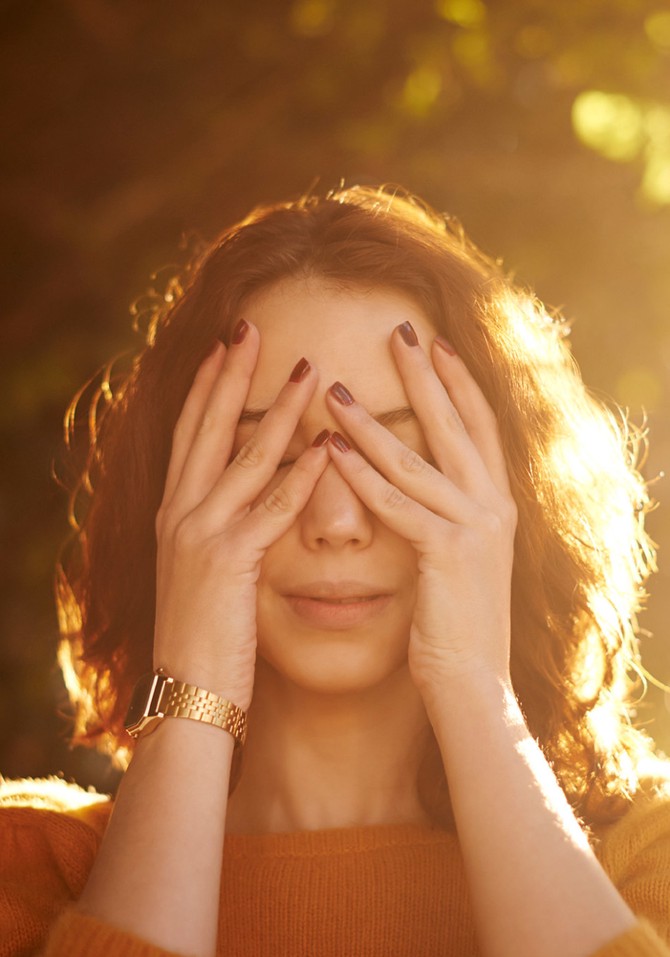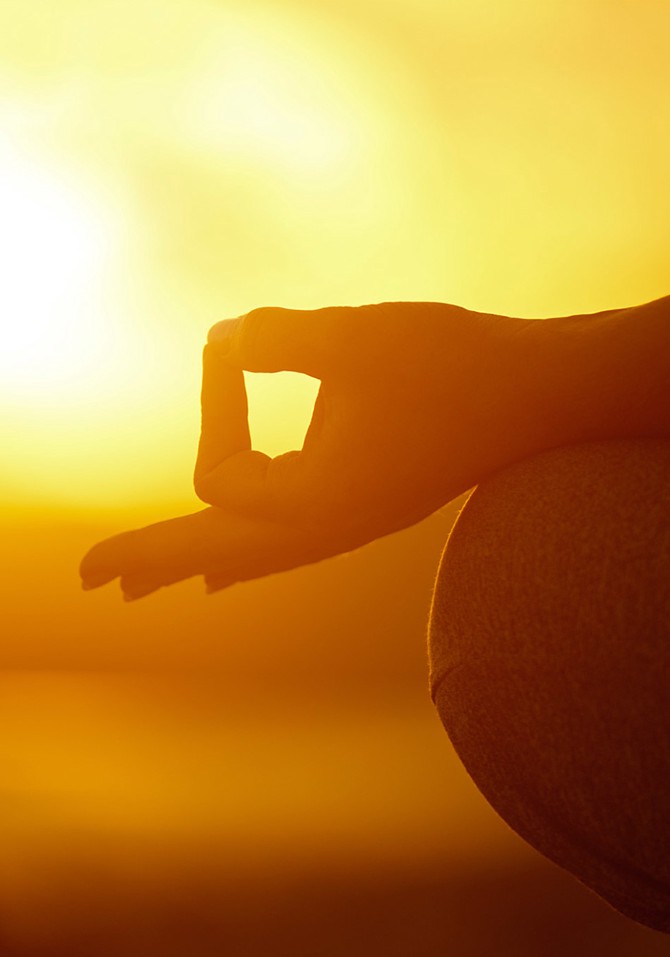5 Ways to Conquer Spring Allergies Without Meds
Seasonal allergies can be torture. Here's how to get relief.
By Kate Rockwood

Photo: mapodile/iStock
You may think you have a cold that just won't quit, but if you've been coughing and sneezing for two weeks, it might be time to consider a different diagnosis: allergies. "Many people assume that if they didn't have allergies as a kid, they're in the clear, but I see patients every day who've developed allergies for the first time in their 30s, 40s and 50s," says Clifford Bassett, MD, an assistant clinical professor at New York University School of Medicine. Scientists are still unsure why some people get allergies at a young age while others don't develop them until later in life, but studies indicate that genetics plays an important role. So may environmental changes: Recent research suggests that shifting weather patterns and rising CO2 levels can contribute to longer blooming seasons and greater proliferation of allergens. As a result, you may have a reaction even if you didn't as a child.
You can't change the weather, but you can mitigate your misery. Start by talking to your doctor to confirm the diagnosis (a bad sinus infection and nonallergic rhinitis are easy to mistake for allergies). She may recommend a scratch test to pinpoint your triggers or ask you to keep a log of your symptoms. But no matter which type of pollen sets you off, avoidance is key. These five tips can help keep pollen in its place—that is, far from you.
Baby Your Eyes
When pollen touches your eyes, it can trigger a histamine response that makes them itch like crazy. Sunglasses will help shield you from most pollen, but not every bit. To rid yourself of the rest, Baiju Malde, MD, an allergist at Northwestern Medical Group in Chicago, suggests rubbing a warm, moist washcloth gently over your eyes and lashes. Still itchy? Try applying a small dab of baby shampoo to lashes with a cotton swab and flushing with saline drops. "For the most relief, make sure the over-the-counter eye drops are an antihistamine," says Malde. "If your discomfort persists, talk to your doctor about prescription drops."
You can't change the weather, but you can mitigate your misery. Start by talking to your doctor to confirm the diagnosis (a bad sinus infection and nonallergic rhinitis are easy to mistake for allergies). She may recommend a scratch test to pinpoint your triggers or ask you to keep a log of your symptoms. But no matter which type of pollen sets you off, avoidance is key. These five tips can help keep pollen in its place—that is, far from you.
Baby Your Eyes
When pollen touches your eyes, it can trigger a histamine response that makes them itch like crazy. Sunglasses will help shield you from most pollen, but not every bit. To rid yourself of the rest, Baiju Malde, MD, an allergist at Northwestern Medical Group in Chicago, suggests rubbing a warm, moist washcloth gently over your eyes and lashes. Still itchy? Try applying a small dab of baby shampoo to lashes with a cotton swab and flushing with saline drops. "For the most relief, make sure the over-the-counter eye drops are an antihistamine," says Malde. "If your discomfort persists, talk to your doctor about prescription drops."

Photo: Lizalica/iStock
Set a Trap
Before you close the windows and turn on the air conditioner, inspect the filter. It needs to be replaced every one to three months to effectively trap pollen. And check the specs before you buy a new one: Filters with a minimum efficiency reporting value (MERV) between 7 and 13 are especially effective at collecting pollen.

Photo: Onzeg/iStock
Shift Your Shower
Microscopic pollen particles can take up residence on your skin and clothes all day long, and sticky products (like makeup, sunscreen and hair gel) can make you even more of an allergen magnet. If you're in the habit of taking morning showers, switch to bedtime instead. "If you go to bed without showering first, you could be rubbing your face in a pillow full of pollen for the next eight hours," says Lauren Fine, MD, associate professor of allergy, asthma and immunology at the University of Miami Miller School of Medicine.

Photo: Samo Trebizan/iStock
Count Before You Work Out
Pollen levels are typically highest in the morning and at dusk, so if you want to exercise outdoors, consider doing so in the late evening. You can track the pollen count in your area at Pollen.AAAI.org/Nab Pollen.com.

Photo: evgenyatamanenko/iStock
Stay Calm
Now might be the time to tune in to that meditation podcast you've been meaning to try. Research suggests that when you're stressed, your immune response kicks into overdrive, triggering stronger symptoms that can linger longer. In one study, allergy sufferers were assigned two tasks: taking an anxiety-inducing test that involved giving a ten-minute speech in front of others and spending time in a more relaxed setting. Researchers used skin-prick tests to measure immune response to allergens, including ragweed and tree pollen, before and after each task. They found that among highly anxious participants, the hives caused by the skin-prick test were twice as big after the stressful task as after the low-stress one; the most anxious participants were also four times more likely to have a strong reaction the following day.
From the March 2016 issue of O, The Oprah Magazine

